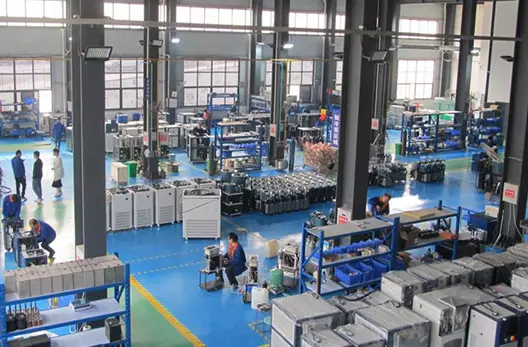The Advantages of Choosing a Jet Ski Based on Engine Power and Design
- By Ernest Hemingway
- April 16, 2025
When choosing a jet ski, one of the most important factors to consider is the engine power and design. These two elements play a crucial role in the performance, handling, and overall enjoyment of your watercraft. Jet skis are available with a wide range of engine options, each offering distinct advantages depending on how and where you plan to use them. Understanding the relationship between engine power and design will help you make an informed decision and enhance your experience on the water. Engine power, typically measured in horsepower HP, directly impacts the jet ski’s speed, acceleration, and ability to handle various water conditions. A higher horsepower engine offers more speed and quicker acceleration, which is perfect for thrill-seekers and those who enjoy watersports like wakeboarding or towing. For riders who prioritize high-speed performance and adrenaline, selecting a jet ski with a powerful engine is crucial. However, it is not just about raw power engine design and efficiency are equally important in ensuring smooth performance.
Modern jet ski engines are designed to be more fuel-efficient while providing the necessary power. Turbocharged engines, for example, can offer more horsepower without significantly increasing fuel consumption, making them ideal for those who plan to spend extended periods on the water. A well-designed engine also reduces maintenance costs and improves the overall lifespan of the jet ski. When shopping for types of jet skis, consider the type of engine naturally aspirated engines are common for recreational riders, while turbocharged engines are often preferred for competitive or performance-driven use. The design of the engine plays a key role in how the jet ski performs in different water conditions. The placement of the engine within the hull affects the balance, weight distribution, and maneuverability of the craft. A low center of gravity in the design ensures better stability and control, particularly when riding in choppy or rough water. Additionally, the hull shape and overall build of the jet ski work in conjunction with the engine to provide responsive handling.
For instance, a jet ski with a deeper V-hull design will provide better handling and comfort in rough water compared to a flatter hull, which is more suitable for calm, smooth water. Choosing the right jet ski also depends on the intended use. If you are looking for a jet ski that provides great cruising capabilities with moderate speed, a mid-range horsepower engine with a well-balanced design is ideal. On the other hand, if you are interested in racing or performing high-speed maneuvers, then a high-performance engine coupled with a sleek, aerodynamic design will suit your needs best. For families or casual riders, a lower-powered engine with a focus on comfort, ease of use, and stability may be the perfect choice. Ultimately, the combination of engine power and design will determine how your jet ski performs on the water. It is essential to select an engine that aligns with your riding style, whether it is for speed, performance, or leisurely enjoyment. By understanding the benefits of engine power and design, you can ensure that hiseadock jet ski offers the ideal experience for your specific needs, delivering both excitement and reliability for every adventure.



